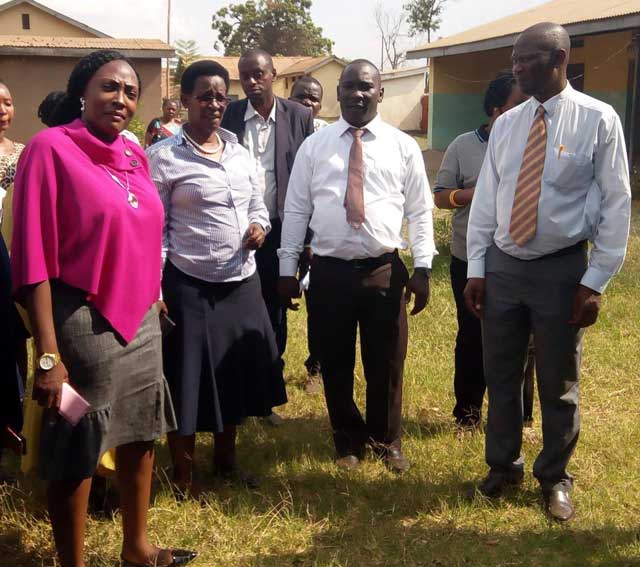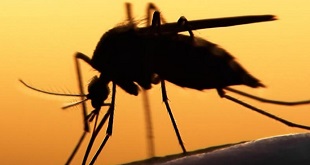
Kampala, Uganda | THE INDEPENDENT | The Ministry of Health has rolled out free screening and vaccination against hepatitis B in central Uganda.
In the past, local leaders and Members of Parliament from Central Uganda have repeatedly petitioned the Ministry of Health demanding for free vaccination against the virus citing prohibitive costs and fake vaccines administered by private health workers.
They argued that the districts have registered a high number of Hepatitis B infections, many of which are not documented.
In a notice issued by Doctor Diana Atwine the Permanent Secretary of Ministry of Health on 31st January 2020, there is free vaccination against hepatitis B which has started across districts in Central Uganda that include Buvuma, Kayunga, Buikwe , Mukono, Nakaseke , Luweero , Kiboga, Nakasongola , Mityana and Wakiso.
Atwine says that the screening and vaccination will be free but in any case of extortion public should report to 0800100066 for follow up.
She added that those who will be screened and found Hepatitis B positive should be referred to regional hospitals for management.
Atwine said that treatment for people found positive is free at regional hospitals and but there are plans to scale it up to general hospitals.
Doctor Innocent Nkonwa, the Luweero District Health Officer says the district has received 20,750 doses for Hepatitis B vaccines for start and health workers have been trained to conduct the routine vaccination.
Nkonwa explains that the vaccination will be at health centre IIIs, IVs and general hospitals targeting people above 18 years.
Nkonwa says that provision of vaccines to the district is a relief and asked residents to embrace the routine vaccinations.
Residents and local leaders in Luweero district have welcomed the free vaccination against Hepatitis B.
Herbert Ssekabira the Luweero District Councillor for People with Disabilities and Ronald Buyinza a resident of Kyevuze village say many residents had shunned the vaccination over the prohibitive costs in private hospitals.
Ssekabira, however, asked the districts to create awareness of the vaccination so that many people embrace it for effective prevention.
Screening for hepatitis b goes for 5,000 shillings and vaccination is between 15,000-20,000 shillings per dose in private hospitals but many people, especially in rural areas, couldn’t afford the costs.
According to Ministry of Health, the same screening and hepatitis B vaccination will be conducted in districts in Western Uganda.
The Ministry of Health through National Hepatitis Strategic Plan 2014/2015 has been implementing Hepatitis B control activities in the country since September 2015. The free vaccinations were being carried out in phased approach starting with regions of high prevalence to low prevalence.
The Hepatitis virus, most commonly transmitted from mother to child during birth and delivery, as well as through contact with blood or other body fluids, can cause chronic infection and puts people at high risk of death from cirrhosis and liver cancer.
Hepatitis B is also spread by needle stick injury, tattooing, piercing and exposure to infected blood and body fluids, such as saliva and, menstrual, vaginal, and seminal fluids.
According to the World Health Organization, sexual transmission of hepatitis B may occur, particularly in men who are not vaccinated and have sex with men and heterosexual persons with multiple sex partners or contact with sex workers.
The Uganda Population HIV Impact assessment 2016 survey indicated that Hepatitis B infection prevalence varies across the country with the highest rates in Northern region with 4.6 per cent, 4.4 per cent in North East and 3.8 per cent in West Nile.
Hepatitis B infection was lower in the rest of the country with a range of 0.8 per cent in the South West region to 2 per cent in the Central region.
*******
URN
 The Independent Uganda: You get the Truth we Pay the Price
The Independent Uganda: You get the Truth we Pay the Price


